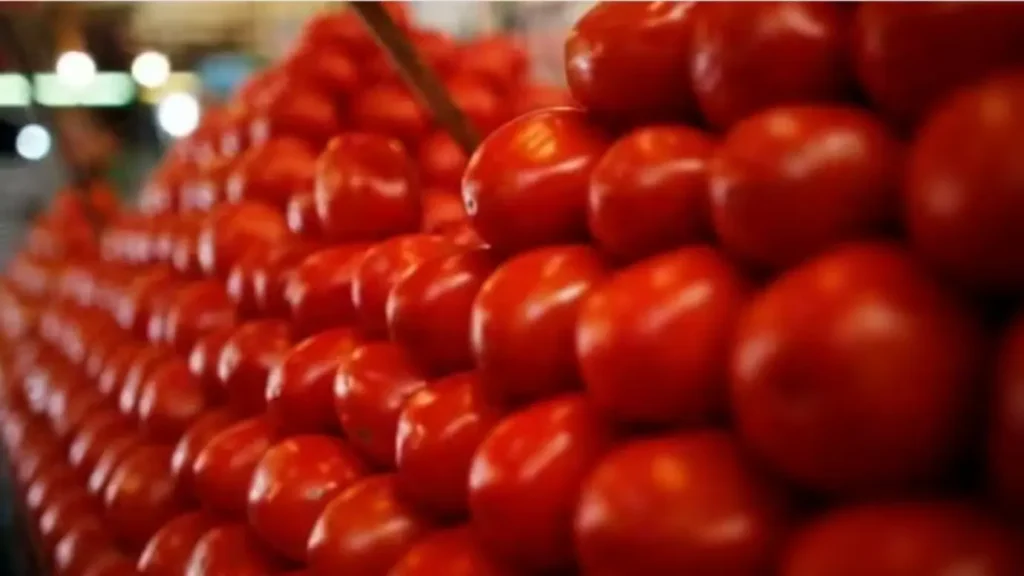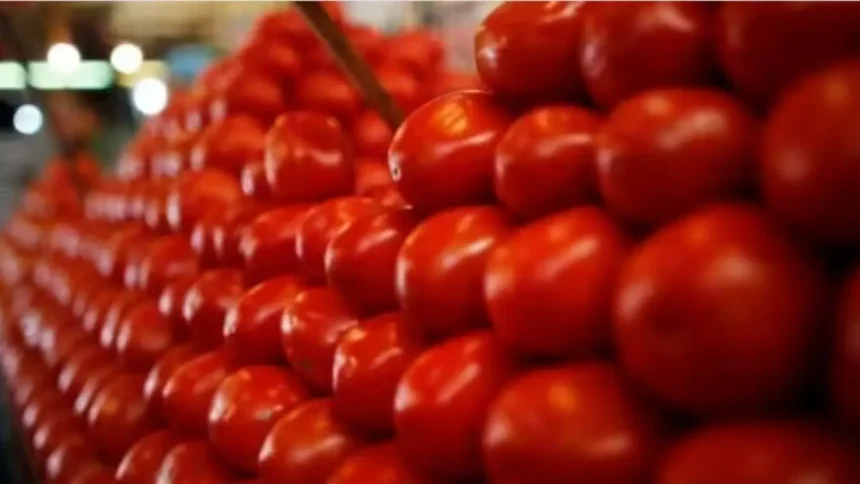August 10, 2023
Introduction
In a bid to alleviate the soaring tomato prices that have been impacting households across the Delhi-NCR region, India has taken a proactive step by initiating tomato imports from Nepal. This move comes as part of a larger strategy to stabilize prices and ensure essential commodities remain accessible to the general public.

Finance Minister Nirmala Sitharaman addressed the ongoing concern regarding skyrocketing tomato prices and announced a plan to sell tomatoes at a subsidized rate of ₹70 per kg in the Delhi-NCR area. The National Cooperative Consumers’ Federation of India Limited (NCCF) will oversee the sale, facilitating distribution through cooperative societies like NCCF and NAFED. This innovative approach has already been implemented successfully in Bihar, West Bengal, Uttar Pradesh, Delhi, and Rajasthan since July 14.
Finance Minister talks about subsidized sales
Highlighting the extensive efforts being undertaken to address the issue, the Finance Minister pointed out that tomatoes for the subsidized sale are being sourced from Maharashtra, Andhra Pradesh, and Karnataka. Mobile vans functioning as NCCF and NAFED outlets will be deployed across Delhi to ensure the availability of affordable tomatoes to consumers.
During a parliamentary discussion centered around the government’s policies and actions, Nirmala Sitharaman defended the economic strategies in place. She underscored India’s remarkable economic transformation and growth, emphasizing the significance of tangible actions rather than mere rhetoric in achieving progress. Sitharaman highlighted the struggles faced by some developed countries, including the United Kingdom and the European Central Bank, in tackling inflation and interest rate issues.
Addressing the impact of the COVID-19 pandemic on India’s economy, Sitharaman proudly stated that despite challenges, the nation has achieved a commendable growth rate of 7.2% in real GDP during the 2022-23 fiscal year. This positive trajectory has earned India a reputation as the fastest-growing economy, with its resilience and optimism standing out on the global stage.
In addition to the domestic efforts to control tomato prices, Sitharaman also announced the commencement of tomato imports from Nepal. By lifting import restrictions, India aims to ensure a steady supply of tomatoes, countering disruptions caused by heavy rainfall in key producing regions.
The first batch of these tomato imports is expected to arrive in cities such as Varanasi, Lucknow, and Kanpur by Friday, further aiding in stabilizing prices and catering to consumer demand. This strategic move highlights India’s commitment to ensuring food security and price stability for its citizens.
Conclusion
As NCCF prepares for a mega-sale of subsidized tomatoes this weekend in Delhi-NCR, the country continues to display its resilience, adaptability, and proactive approach in managing economic challenges and maintaining essential supplies for its population.











